
In last week’s post we gave you a brief introduction to BUCRU and how we can help you. This week we introduce you to the members of the team.

Front row (L-R): Lisa Gale, Louise Ward, Helen Allen, Sarah Thomas, Zoe Sheppard. Back row: Peter Thomas, Annabel Kenny-Jones, Paul Thompson, Audrey Dixon.
Professor Paul Thompson
Paul is Consultant Rheumatologist at Poole Hospital and Visiting Professor at BU. He was appointed Director of the Centre of Postgraduate Medical Research and Education (CoPMRE) in 2007, where he has been leading developments between research and education active doctors in NHS Trusts and the academic community at the University. He is Co-Director of BUCRU, Lead for the musculoskeletal local priority group for the Western Comprehensive Local Research Network (CLRN) and Fellow of the NHS Improvement Faculty. He is interested in clinical research and service development in the rheumatic diseases. He supervises PhD students and is an External Examiner at other Universities.
Professor Peter Thomas
Peter is Co-Director and leads on research methodology. He has a background in epidemiology and statistics, and has been with Bournemouth University since 1996. He has a special research interest in psychosocial aspects of chronic disease and much of his recent work has focused on multiple sclerosis.
Dr Sarah Thomas
Sarah is Deputy Director (methodology). She has a background in psychology and since 2000 has worked in the NHS in Dorset. As well as supporting other researchers in a Research Design Service capacity, she also conducts research. Her main research interests are in the field of multiple sclerosis (MS) and she is currently Chief Investigator for a pilot study funded by the UK MS Society exploring the use of the Nintendo Wii™ in people with MS.
Helen Allen
Helen is a health psychologist with a nursing and midwifery background. She has a qualitative background with a particular interest in the mind:body interface and chronic disease, including patient empowerment. She is the Unit lead on Public Patient Involvement.
Professor Roger Baker
Roger is Professor of Clinical Psychology and runs the MSc course Foundations in Clinical Psychology at BU. He is also a Consultant Clinical Psychologist at Dorset Healthcare University NHS Foundation Trust. He has expertise in the design of assessments and questionnaires, research design and clinical evaluation of services and has worked in a dual role as researcher and clinical psychologist at Leeds, Aberdeen & Bournemouth Universities and in NHS Trusts specialising in Mental Health.
Audrey Dixon
Audrey is the Centre of Postgraduate Medical Research and Education (CoPMRE) co-ordinator and co-administrator for BUCRU. She has worked for the NHS since 1988. She first joined Professor Paul Thompson in 2001 to assist him with his academic work, following his secondment to the University. Audrey was seconded to BU in 2003. She now looks after a growing Visiting Faculty and the education arm of CoPMRE. She is very proud to see the little acorn grow into a Centre of Postgraduate Medical Research and Education and BUCRU.
Louise Fazakarley
Louise is a Physiotherapy lecturer with experience in neurological rehabilitation, the management of chronic disability and rehabilitation research. She joined Bournemouth University in 2006 to establish and teach on the BSc (Hons) Physiotherapy course. Louise is currently working on the MS Society funded pilot study to look at the Nintendo Wii™ as a method of helping people with MS increase their physical activity.
Lisa Gale
Lisa joined the team in May 2013 as Clinical Research Co-ordinator. She has a background in psychology and previously worked in the research department of a local NHS Trust. The main focus of Lisa’s role is to create a seamless link between academics at BU and clinicians in the NHS who are interested in interprofessional, high quality research to construct bids for funding, develop project plans, and conduct research.
Annabel Kenny-Jones
Annabel is a Clinical Research Administrator who joined Bournemouth University in October 2009. She provides support to Professor Tamas Hickish, Consultant Medical Oncologist, Royal Bournemouth Hospital/Poole Hospital and the rest of the research team on various ongoing research projects within the Unit.
Dr Zoe Sheppard
Zoe is a demographer with particular experience investigating socio-economic status. She joined Bournemouth University in October 2009 as a Research Fellow in Research Methods. She provides research methods support for people doing health research and support writing grant applications in her National Institute for Health Research (NIHR) Research Design Service (RDS) capacity.
Louise Ward
Louise is one of the administrators for the unit and has been with the team since 2008. She has worked in various NHS settings and has an interest in marketing. Both her undergraduate and Master’s degrees were studied here at Bournemouth University.
Contact us:
You can contact us by:
Or pop and see us on the 5th floor of Royal London House!

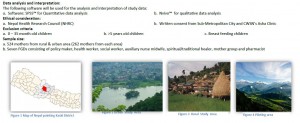

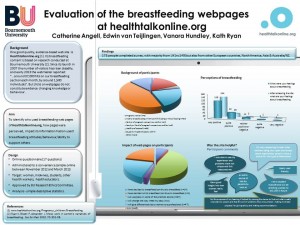
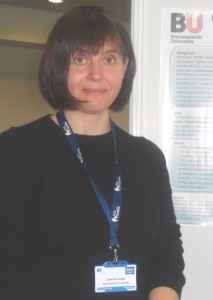
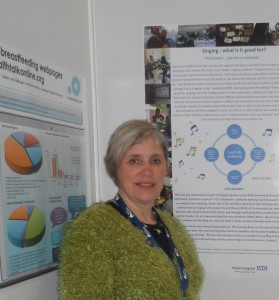
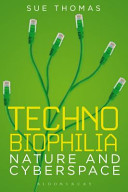
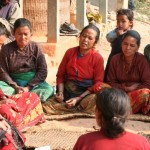

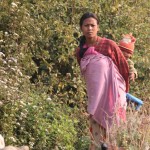

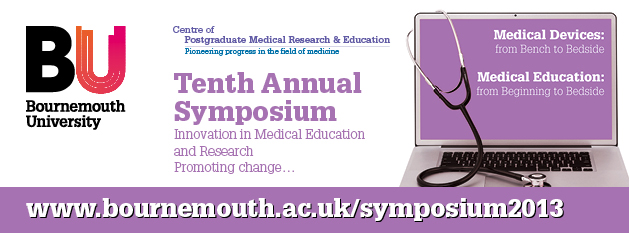




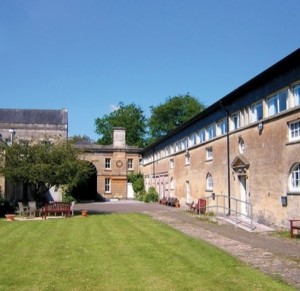
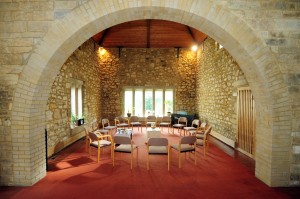
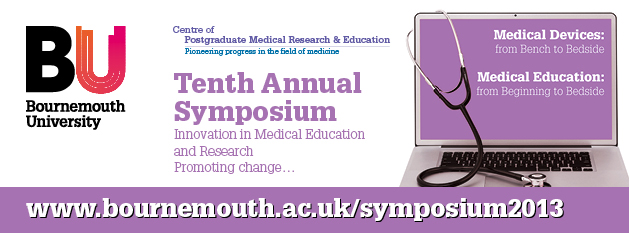











 REF Code of Practice consultation is open!
REF Code of Practice consultation is open! BU Leads AI-Driven Work Package in EU Horizon SUSHEAS Project
BU Leads AI-Driven Work Package in EU Horizon SUSHEAS Project Evidence Synthesis Centre open at Kathmandu University
Evidence Synthesis Centre open at Kathmandu University Expand Your Impact: Collaboration and Networking Workshops for Researchers
Expand Your Impact: Collaboration and Networking Workshops for Researchers ECR Funding Open Call: Research Culture & Community Grant – Apply now
ECR Funding Open Call: Research Culture & Community Grant – Apply now ECR Funding Open Call: Research Culture & Community Grant – Application Deadline Friday 12 December
ECR Funding Open Call: Research Culture & Community Grant – Application Deadline Friday 12 December MSCA Postdoctoral Fellowships 2025 Call
MSCA Postdoctoral Fellowships 2025 Call ERC Advanced Grant 2025 Webinar
ERC Advanced Grant 2025 Webinar Update on UKRO services
Update on UKRO services European research project exploring use of ‘virtual twins’ to better manage metabolic associated fatty liver disease
European research project exploring use of ‘virtual twins’ to better manage metabolic associated fatty liver disease